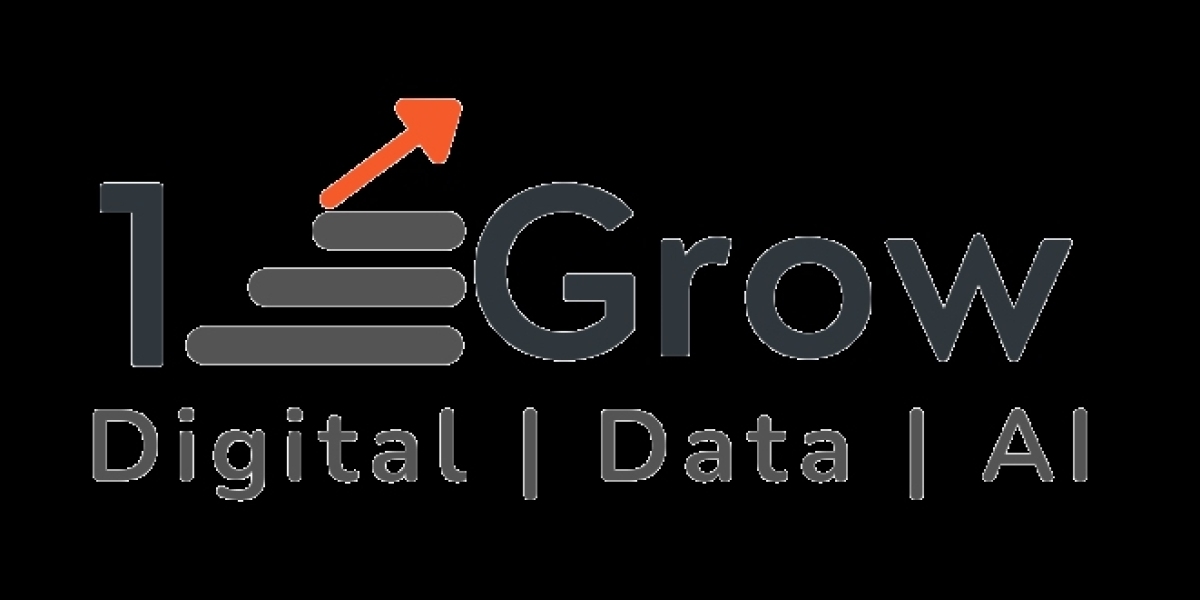Understanding the Basics:
1. Descriptive vs. Inferential Statistics:
Descriptive statistics help summarize and describe essential features of data, such as mean, median, and standard deviation. Inferential statistics, on the other hand, draw inferences and predictions about a population based on a sample of data.
2. Probability Distributions:
Learn about common probability distributions like normal, binomial, and Poisson distributions. Understanding these distributions is crucial for making predictions and analyzing uncertainties.
3. Hypothesis Testing:
Master the art of hypothesis testing, where you evaluate assumptions about a population parameter based on sample data. Understand p-values, significance levels, and types of errors.
Intermediate Concepts:
1. Regression Analysis:
Dive into linear and multiple regression techniques. Learn how to model relationships between variables and make predictions based on regression models.
2. Analysis of Variance (ANOVA):
ANOVA helps compare means between two or more groups. Understand its applications and different types, such as one-way and two-way ANOVA.
3. Probability and Statistics in Machine Learning:
Explore how statistics integrates with machine learning algorithms. Understand concepts like overfitting, cross-validation, and bias-variance tradeoff.
Advanced Techniques:
1. Bayesian Statistics:
Delve into Bayesian methods, where probability is used to represent uncertainty about the parameters in a statistical model. Learn about Bayes' theorem and its applications in data science.
2. Time Series Analysis:
Understand time series data and techniques like autoregression, moving averages, and ARIMA models. Time series analysis is vital for forecasting trends over time.
3. Multivariate Analysis:
Explore techniques like principal component analysis (PCA) and factor analysis. These methods are used for analyzing datasets with multiple variables, revealing patterns and relationships.
Practical Applications:
1. A/B Testing:
Learn how statistics powers A/B testing, a method to compare two versions of a product or webpage and determine which one performs better.
2. Data Visualization:
Understand the art of visualizing data. Visualization tools coupled with statistical analysis enhance the understanding of complex datasets.
3. Real-life Case Studies:
Explore real-world examples where statistics have been instrumental in solving problems. Case studies provide insights into how statistical methods are applied in various domains.
Tools and Resources:
1. Statistical Software:
Familiarize yourself with popular statistical software like R, Python with libraries such as NumPy, SciPy, and scikit-learn, and tools like Excel for statistical analysis.
2. Online Courses and Tutorials:
Enroll in online courses from platforms like Coursera, edX, and Khan Academy. These courses often offer interactive lessons and practical exercises.
3. Books and Research Papers:
Dive into textbooks like "The Elements of Statistical Learning" by Hastie, Tibshirani, and Friedman for in-depth knowledge. Additionally, explore research papers to understand the latest advancements in statistical techniques.
Conclusion:
Mastering statistics is indispensable for anyone pursuing a career in data science. From understanding fundamental concepts to applying advanced techniques in real-world scenarios, this ultimate guide provides a comprehensive roadmap for beginners and aspiring data scientists alike. Remember, continuous practice, hands-on projects, and a curious mindset are the keys to mastering statistics for data science. Embrace the power of statistics, and you'll unlock a world of insights from the vast sea of data that surrounds us. Happy analyzing!
The best way to learn Data Science is to enroll in a professional Data Science training. E-learning platforms like 1stepGrow offers prominent courses such as Advance Data Science Course with guaranteed job referals. Further, if you are somebody who requires additional assistance to learn data science and if you are hailing from a non-IT background, the 1:1 mentorship at 1stepGrow can definitely help. Good luck!









